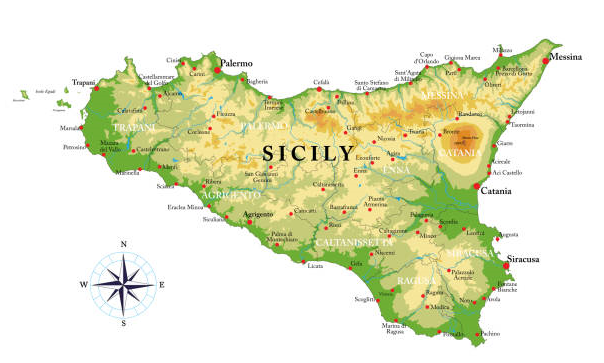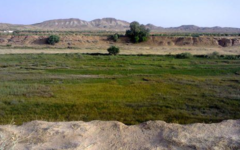Religion and Society in Sicily During the Islamic Period: A Historical and Analytical Approach
30 June 2025 2025-07-07 4:29Religion and Society in Sicily During the Islamic Period: A Historical and Analytical Approach

Religion and Society in Sicily During the Islamic Period: A Historical and Analytical Approach
This study explores the relationship between religion and society in Sicily during the Islamic period (212– 484 H / 827–1091 AD), a time marked by significant cultural transformation. Renowned for its multiethnic composition and religious diversity, Sicilian society experienced a profound shift when Islamic rule replaced Byzantine Christian governance. With the arrival of Islam came not only a new religion but also distinct social, legal, and cultural frameworks that reshaped public and private life. The central aim of this research is to examine the role of religion in shaping the social structure of Islamic Sicily, particularly for both Muslim and non-Muslim communities. It interrogates whether Sicily merely mirrored the broader Islamic world or forged a distinct socio-religious model in the western Mediterranean. Despite the region’s historical significance, this question has received limited scholarly attention, especially in comparative Mediterranean contexts. This work adopts a historical and analytical approach, grounded in a critical reading of primary sources and enriched by contemporary historiographical debates. It investigates how Islamic governance influenced societal organization, minority integration, and the continuity or rupture with Byzantine systems. By highlighting the specificity of the Sicilian case, the study contributes to broader discussions on the interplay between religion and society in medieval Islamic contexts. Ultimately, it offers new insights into how religious systems not only structured communal life but also negotiated identity, coexistence, and political authority in a diverse Mediterranean setting
Arbi Sghaier El Arbi
Related Posts
Search
Categories
Popular Tags






